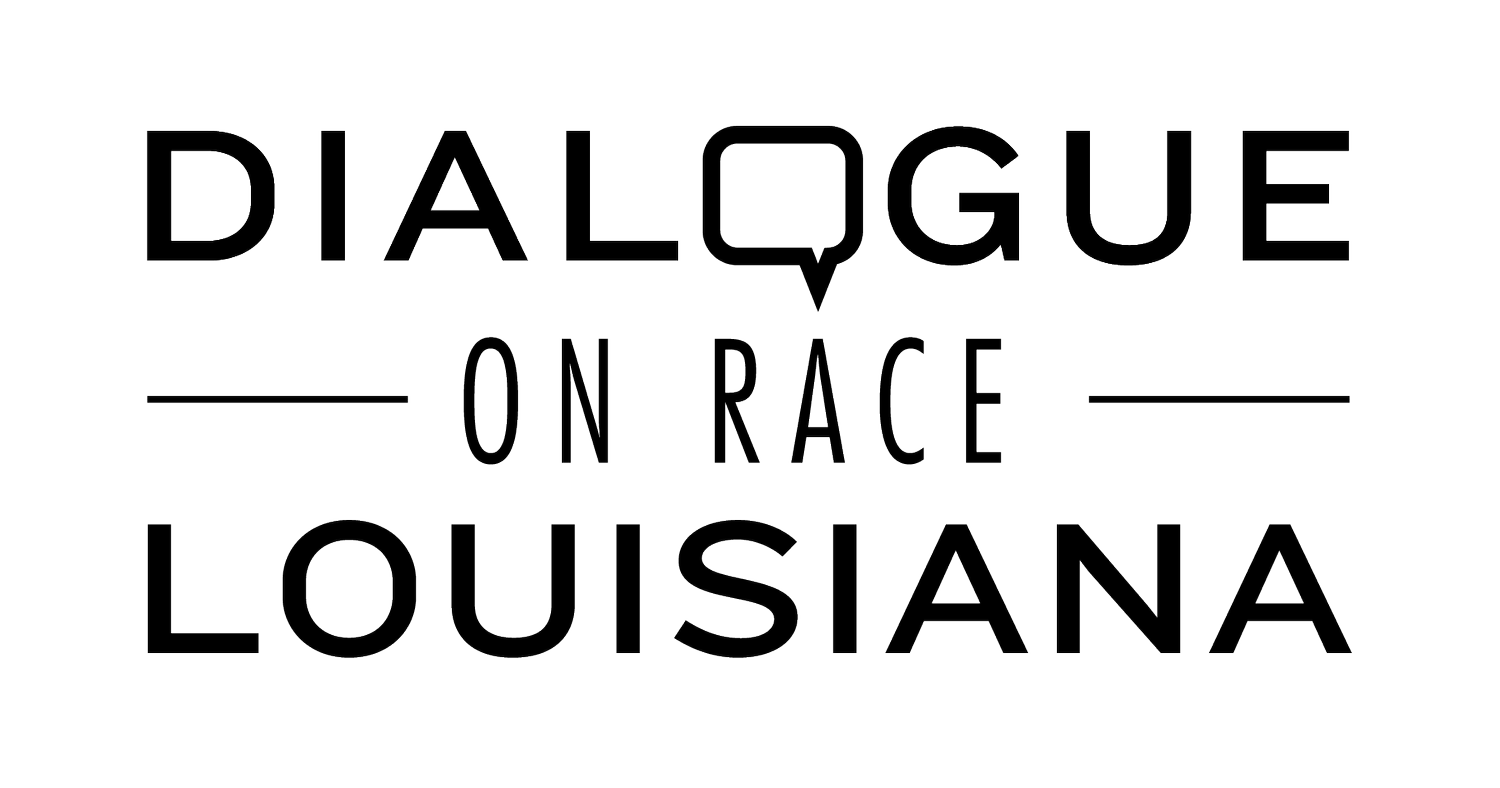Dialogue on Race Louisiana’s Behind the March Event Sparks Powerful Dialogue
Author: Jasmine Pogue, DORLA's Facilitator Coordinator
As the Facilitator Coordinator at Dialogue on Race Louisiana (DORLA), Jasmine plays a pivotal role in recruiting, training, and supporting DORLA alumni as trained facilitators across the United States and beyond. With a deep commitment to fostering open and honest dialogue, Jasmine brings a wealth of knowledge and empathy to her facilitation work.
History plays a decisive role in shaping the present and future. In every corner of the United States, there are stories waiting to be retold, stories of people who took extraordinary action to demand justice, equity, and the promise America made to its people. Often, these stories remain tucked away, known only to a few, despite their profound impact on our nation's history. This is precisely what was uncovered by the "Behind the March" dialogue, presented by Dialogue on Race Louisiana.
As I prepared for and participated in this event, I kept coming back to this question: What other states, cities, and towns have taken civil rights actions and have stories that remain hidden despite the harm inflicted by government decisions and actions?
The Behind the March event was nothing short of an eye-opening and engaging conversation. Participants shared a common sentiment: they were unaware of the overwhelming events that took place in a community within 20 20-minute drive from Louisiana’s Capitol City, Baton Rouge. The power of historical accuracy and truth became evident as they unpacked the power of the Jim Crow laws enacted by public officials to which citizens had no reciprocal power. This was a transformative experience for the participants.
During the event's first night, participants gathered to discuss Dr. King's iconic speech at the March on Washington for Jobs and Freedom. Dialogue on Race Louisiana’s President and CEO, Maxine Crump, highlighted a critical perspective that Dr. King's speech words were a demand that the promissory note on which the American had defaulted be made good.
He stated, “And so we've come to cash this check, a check that will give us the riches of freedom and the security of justice." This speech was a demand to the US Government.
Another participant noted that perhaps in the latter part of the speech, the famous "I Have a Dream" section, Dr. King was speaking directly to Black individuals, those present, and those who couldn't join the march. It was a message to keep the spark of hope alive in people's hearts, a rallying cry for the ongoing struggle.
In the second event, many participants grappled with the viewing of Louisiana Diary, a documentary film that follows C.O.R.E., the Congress of Racial Equality, from July to August 1963 as they undertake an African American voter registration drive in the town of Plaquemine, Louisiana, that they watched before attending the session. In Louisiana Diary, the participants saw things most Americans had never seen before; video of non-violent direct-action training.
This training was to prepare for the violence that was sure to come from the government when people came to demand their rights as American Citizens. The non-violent training was hard for many participants to unpack as they thought about whether or not others would engage with this action today. How has the effect of the false narrative of the civil rights movement, told over the last 60 years, colored the way we view our actions today?
As always, Dialogue on Race created a rich and engaging dialogue. One that left participants educated in a way that only Dialogue on Race can. Because the education comes from the participants, the materials, and the questions the facilitators raise throughout the dialogue process. We received feedback from many in the local and national DORLA community of people wanting to attend this event, so Dialogue on Race is creating an Encore Behind the March: Significant Facts and the Louisiana Connection. This event will broadcast nationwide, live from Baton Rouge, Louisiana, and will also include a special guest, Ronnie Moore, the Louisiana field secretary for the Congress of Racial Equality (C.O.R.E) at the time and was featured in Louisiana Diary. Participants are encouraged to sign up right away, as this will be a highly sought-after event.
If you are ready to join more dialogues, I invite you to sign up for an upcoming Dialogue on Race Original or Advanced Series. Engage in meaningful dialogue where everyone can be a voice for change.
Ready to Start the Conversation? Sign Up for an Upcoming DORLA Series Today!
If you represent an organization interested in bringing DORLA's dialogues to your employees or members, please contact us to discuss our Corporate Initiatives.



